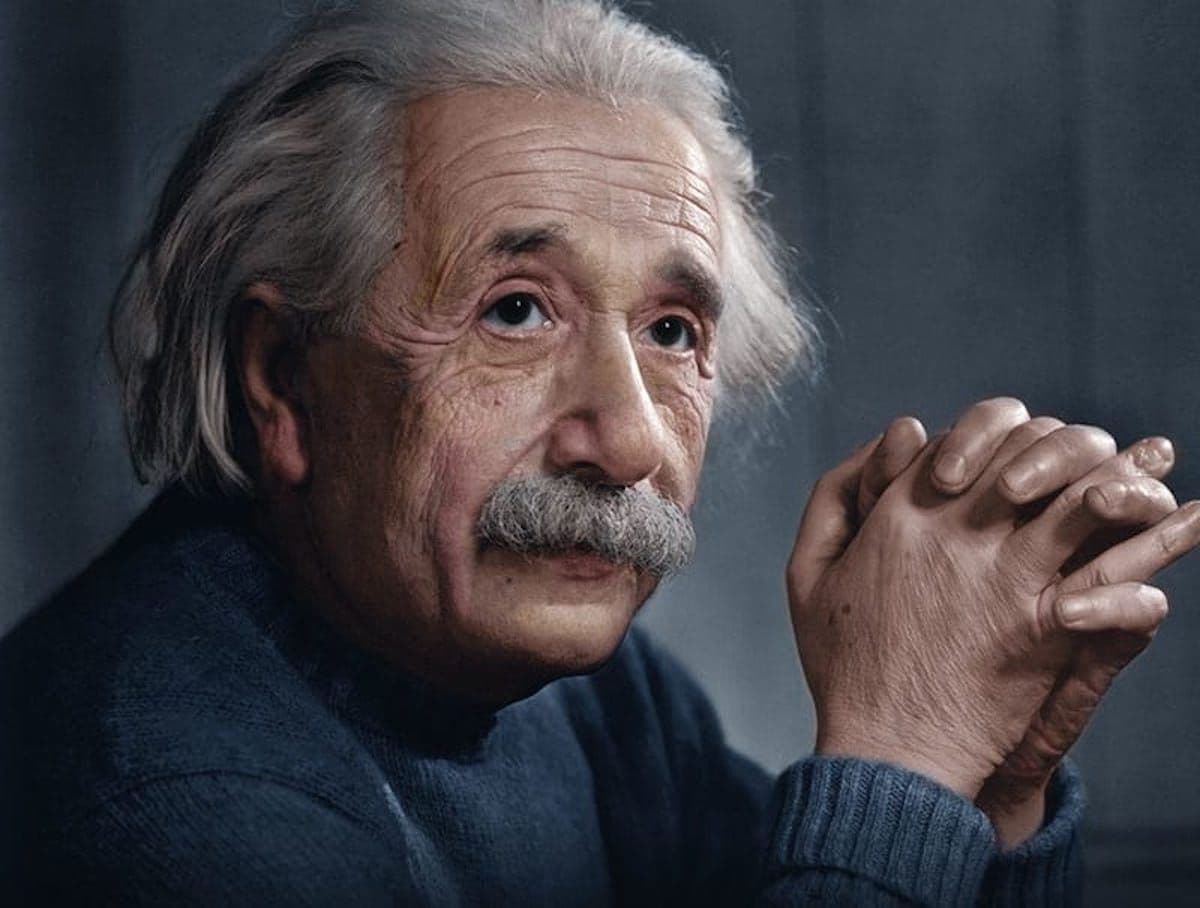2023-07-14
Albert Einstein: Unveiling the Genius of a Remarkable Mind

Introduction: Albert Einstein, widely regarded as one of the greatest intellects in human history, revolutionized our understanding of the universe and reshaped the field of theoretical physics. His groundbreaking discoveries, ingenious theories, and profound insights continue to resonate today, making him a true icon of scientific brilliance. In this article, we delve into the life, work, and accomplishments of Albert Einstein, uncovering the depths of his extraordinary mind.
Early Life and Education: Albert Einstein was born on March 14, 1879, in Ulm, Germany. From an early age, he exhibited a deep curiosity and a natural aptitude for mathematics and physics. His unconventional thinking often led him to question accepted knowledge, earning him a reputation as a rebellious student. In 1905, a pivotal year known as his "miracle year," Einstein published four groundbreaking papers that transformed the scientific landscape.
The Theory of Relativity: Einstein's most famous and groundbreaking work is the theory of relativity, which comprises two interrelated theories: the special theory of relativity and the general theory of relativity. The special theory of relativity, introduced in 1905, challenged the conventional notions of space and time. It postulated that the laws of physics remain unchanged for all observers in uniform motion. This theory led to the famous equation E=mc², revealing the equivalence of energy (E) and mass (m) and forever altering our understanding of the relationship between matter and energy.
The general theory of relativity, published in 1915, expanded upon the special theory and introduced the concept of gravity as the curvature of spacetime. Einstein's explanation of gravity revolutionized our perception of the universe, replacing Newtonian physics with a more comprehensive and accurate framework. The prediction of gravitational waves, later confirmed by experiments, stands as a testament to the brilliance of Einstein's general theory of relativity.
Nobel Prize and the Photoelectric Effect: In 1921, Albert Einstein was awarded the Nobel Prize in Physics for his explanation of the photoelectric effect, another seminal contribution to science. His work on this phenomenon laid the foundation for the development of quantum mechanics. Einstein demonstrated that light is composed of discrete particles called photons, which transfer their energy to electrons upon striking a material. This discovery had profound implications for our understanding of the nature of light and paved the way for the field of quantum physics.
Einstein's Legacy: Beyond his scientific achievements, Albert Einstein's intellectual legacy extended to his advocacy for peace, human rights, and scientific cooperation. He used his influence to address global issues, including nuclear disarmament and the prevention of war. Einstein's scientific and philosophical ideas, often articulated through insightful quotes, continue to inspire generations of scientists, philosophers, and dreamers alike.
Conclusion: Albert Einstein's brilliance transcended the boundaries of physics, leaving an indelible mark on the scientific community and society as a whole. His theories and discoveries, including the theory of relativity and the photoelectric effect, reshaped our understanding of the fundamental principles governing the universe. Einstein's intellectual courage, unyielding curiosity, and ability to think outside the box continue to inspire and challenge us to this day. As we reflect on his immense contributions, we honor the life and work of a truly exceptional mind whose legacy will endure for centuries to come.